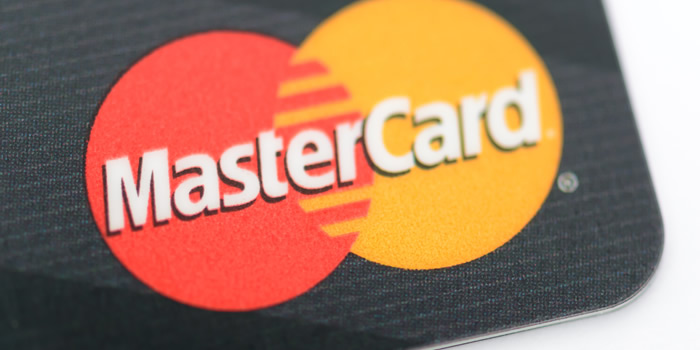
Supreme Court – Ottawa, Canada
Are you clueless when it comes to your credit card fees? You’re not alone. In our hectic lives, it’s can be hard to find time to read the fine print of your credit card agreement. A recent court ruling highlights the importance of reviewing your agreement. The Supreme Court restored a ruling against some of Canada’s biggest banks over credit card fees. Let’s take a closer look at the ruling and why It’s important for cardholders to review their agreement.
The Supreme Court Rules in Favour of Cardholders
The Supreme Court of Canada has restored a Quebec judge’s decision to penalize several big banks. The big banks failed to meet provincial disclosure requirements when they charged currency-conversion fees to cardholders. The banks claimed that they didn’t fall under Quebec’s Consumer Protection Act because of the “constitutional division between provincial and federal powers.” The Supreme Court didn’t buy that argument and ruled in the favour of cardholders.
The Supreme Court’s decision confirmed that two sets of rules – provincial and federal – apply for cardholders in Quebec. Both rules spell out the way credit card issuers must calculate and disclose credit card interest rates and fees. The banks had been trying to seek a “sweeping immunity” from provincial laws.
The Canadian Bankers Association, representing the big banks, weighed in on the decision. “Banks take the protection of their customers very seriously,” the CBA said. “The federal consumer protection requirements of the Bank Act ensure that credit cardholders across Canada benefit from a clear, comprehensive and consistent set of rules that guarantee clear and simple disclosure of credit card terms and costs, and strong consumer protection monitored by the federal consumer protection regulator, the Financial Consumer Agency of Canada (FCAC).”
The class action lawsuit that lead to the court decision was actually filed over a decade ago. Way back in April 2003, the suit was filed against nine banks, including Bank of Montreal and Desjardins. The trial judge found five out of the nine banks failed to meet provincial rules surrounding the disclosure of foreign exchange fees.
Not only did the big banks end up on the losing end of the Supreme Court decision, they’ll also have to shell out $25 per affected cardholders for failing to properly disclose fees for cardholders. While that doesn’t amount to a huge sum for cardholders, it’s better than facing illegally charged foreign exchange fees.
The Importance of Reviewing Your Agreement
As a cardholder, it’s your responsibility to review your credit card agreement. Ignorance is not an excuse for not knowing the terms of your agreement – including potential costs. Reading your entire agreement can seem daunting, so here are some things you should pay special attention to.
Interest-Free Grace Period: Credit cards come with a minimum 21-day grace period. Your grace period is an interest-free period at the end of your monthly billing period. If you fail to pay off your balance in full, you’ll face costly interest charges. If your payment isn’t submitted by the due date, you can also be charged late fees.
Interest Charges: Not only is it important to know the interest rate on your credit card, you should also know how interest is calculated. Interest is typically calculated based on your daily average balance. Interest rates are 18% or higher on most credit cards. If you fail to pay the minimum balance by the due date, you’ll often face a higher interest rate. You’ll could also face higher interest rates for cash advances and cash-like transactions.
Minimum Monthly Payment: This is the amount you have to pay by the end of your grace period to keep your account in good standing. The minimum is typically the greater of 2 per cent of your balance or $20. It’s important to be aware you’ll still accrue interest on your outstanding balance – it’s best to strive to pay off your balance in full.
The Bottom Line
You should understand the importance of reviewing your credit card agreement. Similar to home insurance, most cardholders don’t review their agreement until they’re being hit with a charge. By reviewing your agreement ahead of time, you can avoid being caught off guard and facing hefty penalties.




